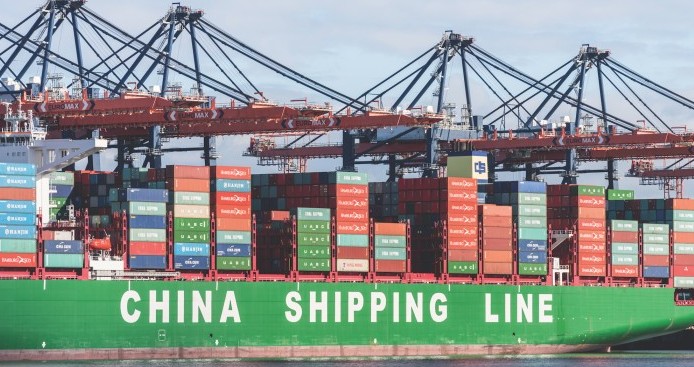Pork has bucked an otherwise declining trend within the UK food and drink sector to significantly increase export volumes so far this year.
In terms of export value, pork now lies fifth on the list of UK food and drink products, behind only whisky, chocolate salmon and cheese, according to fresh analysis from the Food and Drink Federation.
Overall, it is a gloomy picture, showing that in third quarter of 2020, UK food and drink exports fell by 11.6% to £5.5bn, compared with the same period in 2019, as both exports to EU and non-EU markets declined. This decrease was largely driven by the impacts of COVID-19, including the closure of hospitality and travel sectors, which has meant a loss of sales into restaurants, cafés, bars and the out-of-home sector across Europe.
In the first nine months to September 2020, food and drink exports fell to £15.2bn (-12.9%) year-on-year. Exports to the majority of the top 20 markets decreased, with sales to Spain falling significantly by -33.8%.
All of the top 10 products showed declines, with the exception of pork and breakfast cereals, up by 12.7%, and 2.5%, respectively.
In the year to date, the value of pork exports, driven largely by demand from China, now UK pork’s biggest customer, increased by £51m to £454m, with volumes up by 4.1%. Exports accounted for 43% of UK pork sales.
The extent to which pork is bucking the trend is highlighted by what has happened with other products, with, for example, whisky exports down by 26.6%, salmon shipments down by 22.6%, cheese by 11.3% and beef by 10.7%, meaning it drops below pork in the table.
A summary of all the UK food and drink export data can be viewed HERE
Importance of EU trade
As the UK approaches the end of the transition period, the EU remains a key commercial partner, with over 60% of food and drink exports heading to EU markets. Ireland was the top EU destination for food and drink exports, making up almost 30% of overall sales in the EU, reflecting the close integration of UK and Irish food and drink supply chains.
Maintaining these highly integrated supply chains across Great Britain, the Republic of Ireland and Northern Ireland as we leave the EU will be essential for future growth in our industry, the FDF said.
Dominic Goudie, Head of International Trade, FDF, said: “The continued decline in exports in the third quarter of 2020 shows the immense dilemma that UK food and drink exporters are currently facing. With less than one month to go, businesses are still in the dark about what arrangements will be in place following the end of the transition period in January 2021.
“As the UK makes it way towards economic recovery, ensuring a quick return to growth will be essential to strengthen resilience in our industry.”
Graham Hutcheon, Managing Director, Group Operations, Edrington and Chair of the Food and Drink Sector Council Exports Working Group, said: “Our industry has experienced a substantial drop in exports in 2020 largely due to the impacts of COVID-19 on the global hospitality sector, after a decade or more of continuous growth. With the end of the transition period now just days away, food and drink businesses are facing another massive export challenge.
“More specialist support is urgently needed to ensure our industry comes through these challenges and can fully take advantage of opportunities arising from new UK trade deals.”




